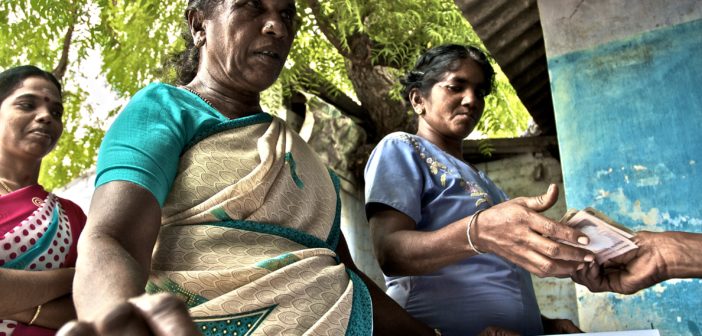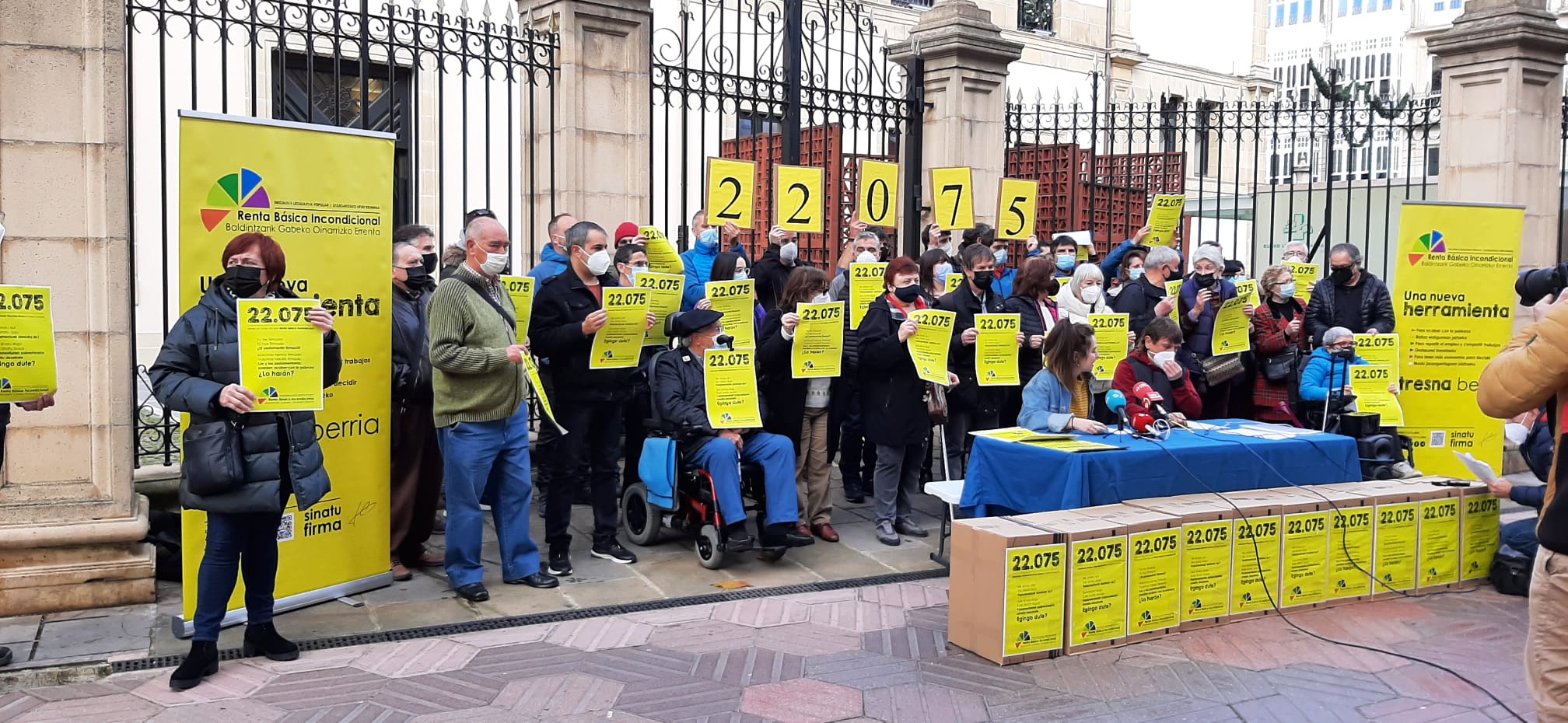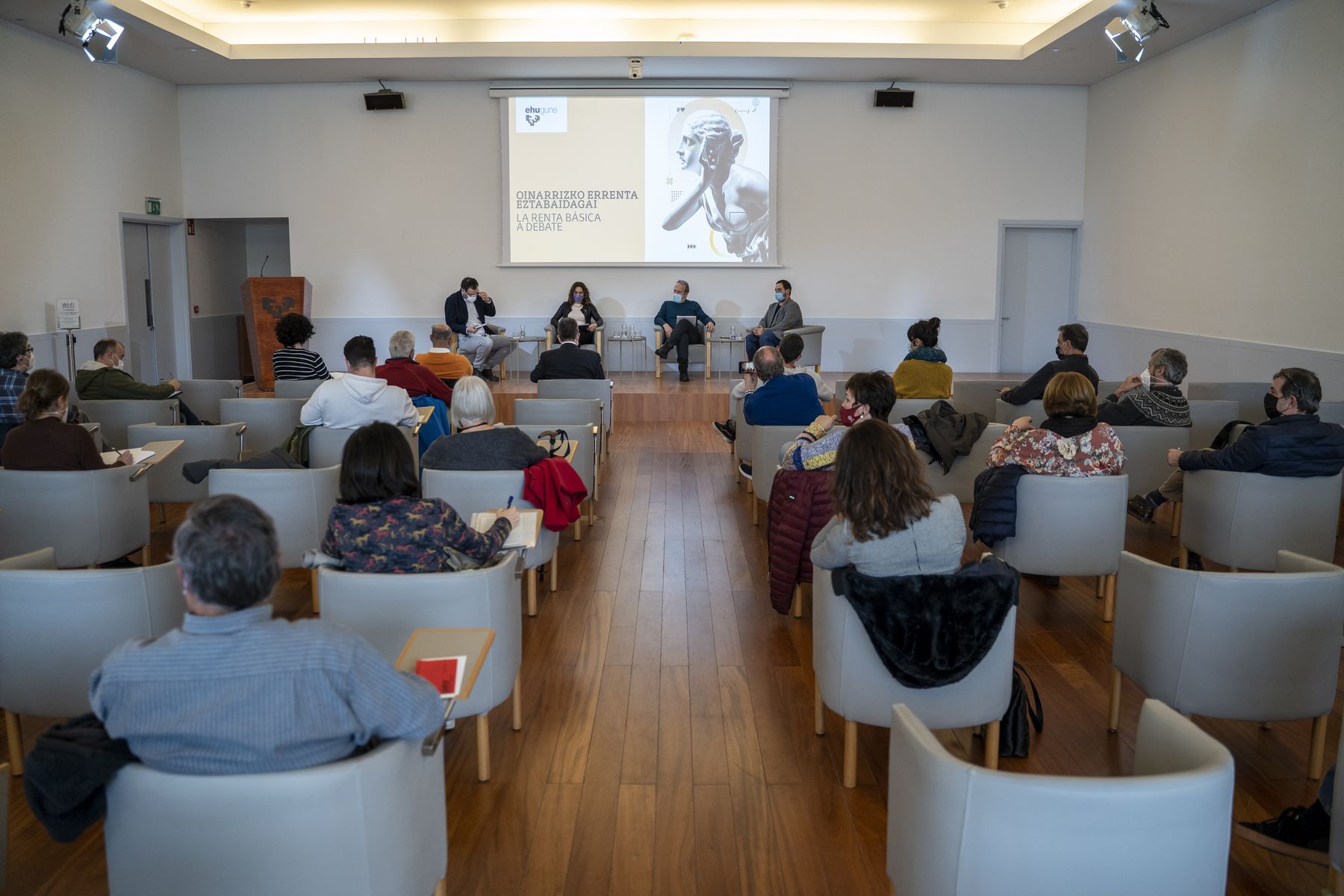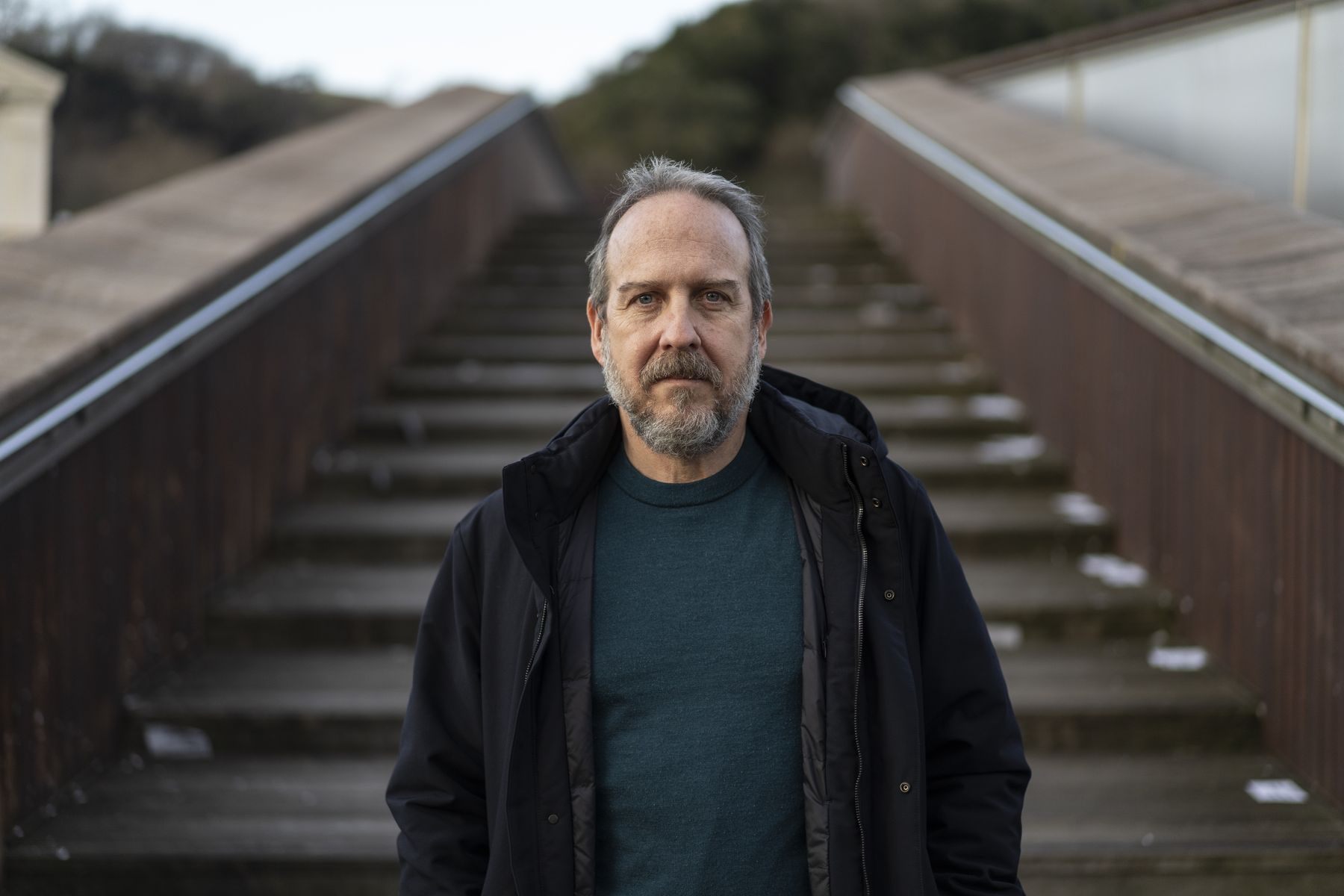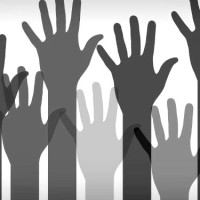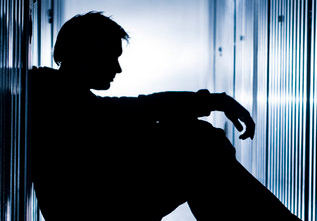
The president of the Spanish Association of Neuropsychiatry, Eudoxia Gay, has pointed out that one third of the mental illnesses that are treated are directly related to unemployment and problems of access to housing. The economic crisis exacerbates the social imbalances that our society experiences and that have a direct impact on mental health, as explained by Sergi Raventós, sociologist and member of the Alde Zutik association of the Public Health of Catalonia. Unemployment can lead to alcoholism, smoking, depression, anxiety… Data show that 16% of the employed have psychological problems, while 34% of the unemployed suffer from mental health problems. Precarious and economically unjust working conditions also have a direct impact. “The worse the work situation, the worse the health,” says Raventós. It has been demonstrated that this type of diagnosis has increased since the beginning of the economic crisis.
In addition, the report by Dr Michael Marmot for the World Health Organization stresses that the high rate of youth unemployment will have serious consequences for the physical and psychological health of future generations. Many people who are in crisis and are currently progressing can develop pathologies, obsession problems or other mental illnesses in the future.
However, Raventós has made it clear to us that all this is not only a consequence of the crisis, but also of the neoliberal austerity policies that have been imposed, in which governments have a direct responsibility. In Iceland and Sweden, for example, social protection measures have been adopted and the same health rates have been maintained before the crisis (2008-2013), while in the Spanish State, where the prescription of cutbacks prevails, mental disorders have multiplied, cases of depression have increased by 19%, cases of anxiety 8.4%, problems of alcoholism by 4.6%, and extreme situations, suicides, have not increased significantly. Raventós explains that the consumption of drugs such as anxiolytics has increased.
Economic security, health guarantee
In today's life, the expert states that work for our health is a fundamental factor: if it is expelled, it opens the way to social exclusion and economic difficulties, and the precarious has to endure insufficient income or poor conditions. “Thinking that tomorrow you may get me out of work, living in that uncertainty and that uncertainty, is bad for health. Biologically, stress activates us to develop a risk alert, but if this red light is being activated continuously, it becomes chronic and can cause diseases, disorders (depression, anxiety…).” In these times, moreover, evictions that generate high psychological stress have multiplied. Above all, universal basic income would be an important measure of protection, which would provide stability and tranquility: having guaranteed income eliminates fear and stress, “the fear that tomorrow the boss will come and leave you in the street”. In order to overcome the effects of unemployment on health, Raventós considers that the reduction of working hours and the sharing of work among all is an appropriate solution, which would correspond to the universal basic income.
“If everyone had the basic income, equality would also prevail and it is a positive factor to maintain mental balance, non-discrimination and stigmatization, non-discrimination as ‘look, that receives the social benefit’”. Feeling part of the group is also a medication. According to Raventós, it has been seen that there have been people who were in poor health who have been able to improve their health, participating and fighting in social movements like Stop Evictions: “Participating and collaborating in social networks, empowering and being part of the same problem and struggle, benefits health, because we are aware that this is not an individual and personal psychological issue, but a global problem that affects many”.
While universal income is not imposed, Sergi Raventós is clear: in order to overcome health problems, it is necessary to defend a public health system of quality, universal and free, against the everyday intentions of “doing business and privatizing”.
What happens when you're separated from life, environment or people and socially isolated for 3, 6, 10, 20 or 25 years? Who's in jail? What do we know about the men and women serving in Zaballa's macro-prison?
For those who have been serving prisoners serving sentences in Zaballa... [+]
We are in a process of Popular Legislative Initiative to create an unconditional Basic Income, and we are often debating the appropriateness or otherwise of the proposal. Not so much because of its proven economic viability, but because of more philosophical issues or how to... [+]









